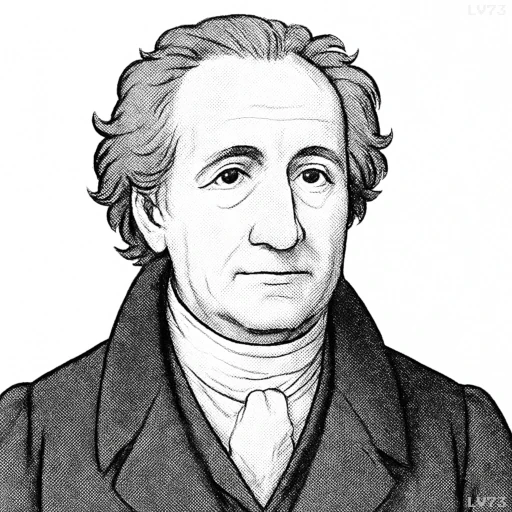“It is the strange fate of man, that even in the greatest of evils the fear of the worst continues to haunt him.”

- August 28, 1749 – March 22, 1832
- German
- Poet, playwright, novelist, philosopher, politician
table of contents
Quote
“It is the strange fate of man, that even in the greatest of evils the fear of the worst continues to haunt him.”
Explanation
Goethe reflects on the human tendency to be haunted by the fear of the unknown, even when we are already facing difficult or catastrophic circumstances. Even in the midst of great challenges or misfortunes, we often find ourselves anticipating further harm or worse outcomes, rather than focusing on what is actually happening. This quote speaks to the psychological burden of fear, where the possibility of something worse can often feel more overwhelming than the reality of what we are experiencing.
Historically, this reflects the existential and psychological themes explored during Goethe’s time, particularly in the context of Romanticism. This movement often examined human emotions, fears, and anxieties, acknowledging that even in times of suffering, the human mind tends to exaggerate and project future fears. The fear of the unknown is as paralyzing as the hardship itself, a notion Goethe likely experienced in his own turbulent life.
In the modern world, this phenomenon is still highly relevant, especially in times of crisis or uncertainty. For example, during a global pandemic or economic downturn, people may not only face current challenges but also constantly worry about what the future holds—whether it’s a worsening of their circumstances or a new, even greater problem. This constant fear of “what could be worse” can prevent us from addressing the present situation with clarity and strength.
Goethe’s words remind us that the fear of the worst can often be a greater burden than the difficulty we are already facing. It encourages us to focus on the present moment and deal with the challenges at hand, rather than allowing fears of the unknown to overshadow our ability to act with purpose and resilience.
Would you like to share your impressions or related stories about this quote in the comments section?




